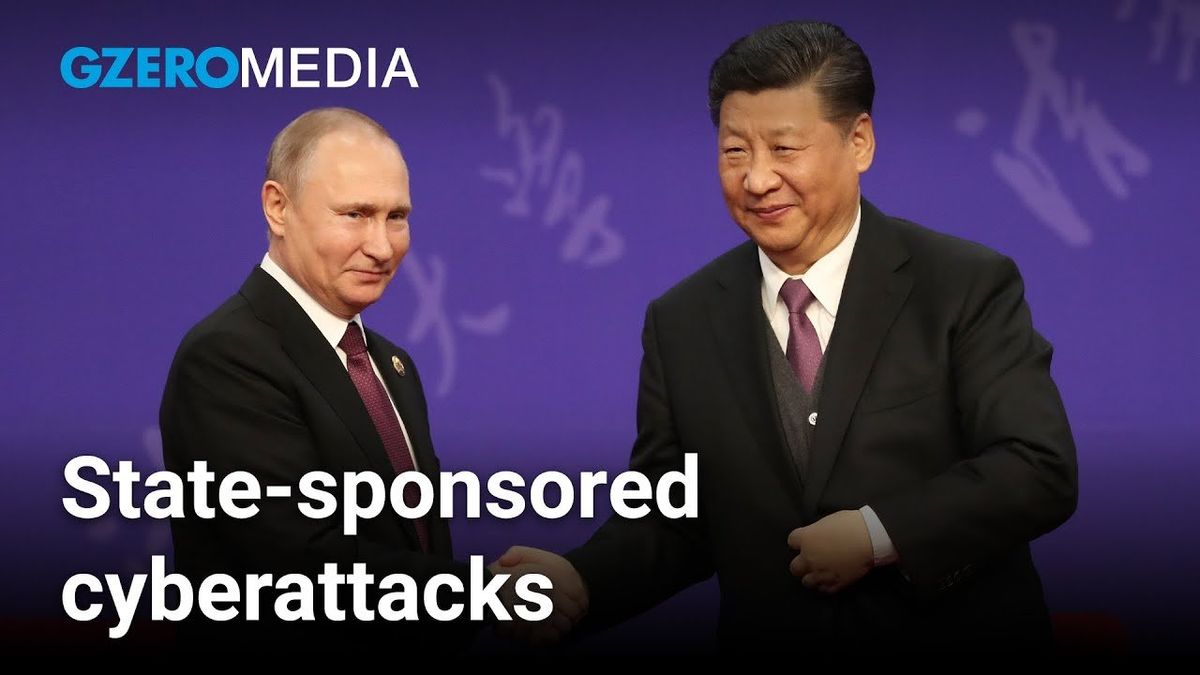Cyberattacks are about a lot more than just money these days. Both unscrupulous governments and extremist groups are increasingly using hacking to advance political aims, says Kaja Ciglic, senior director of digital diplomacy at Microsoft.
When the International Committee for the Red Cross or International Court of Justice experiences cyberattacks, she said, "These are all organizations that are trying to defend peace and stability, they're trying to advocate for all of our human rights." The fact that unscrupulous governments are spending taxpayer money to purchase tools that interrupt their work, she noted, is worth taking a stand against.
Ciglic spoke with Eurasia Group Senior Analyst Ali Wyne in a panel discussion for “Caught in the Digital Crosshairs,” a video series on cybersecurity produced by GZERO in partnership with Microsoft and the CyberPeace Institute.

















